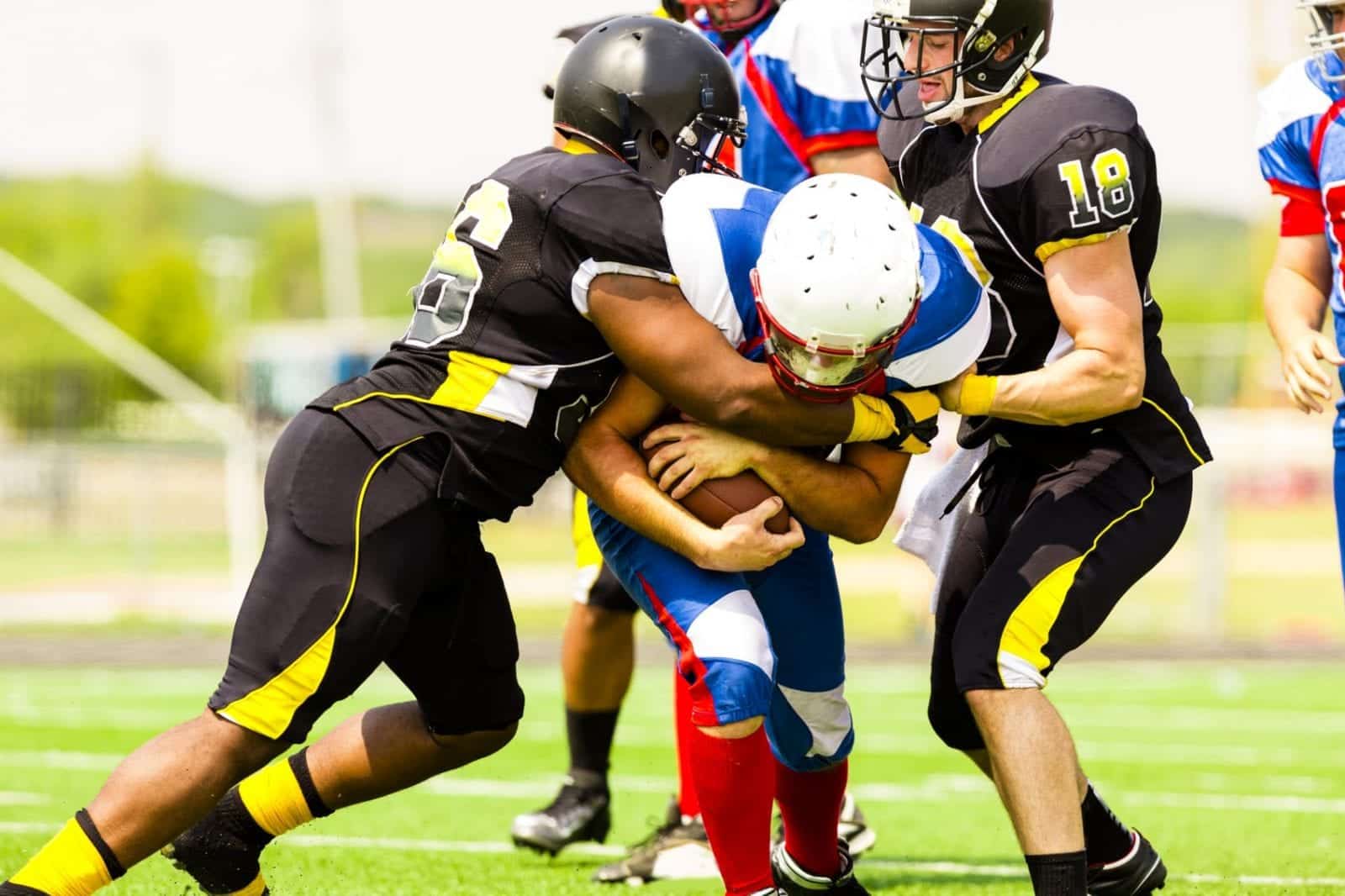High school sports injuries happen quite commonly, and the legal system knows that. When parents allow their children to participate in them, they usually engage within a legal doctrine known as “assumption of risk.” This legal theory states that parents should simply assume that sports injuries will happen, which means that their available causes of action for injury lawsuits are limited.
In addition to the long history of case law and “assumption of risk” precedent, high school sports programs have legal protections within state laws, local statutes, and waivers each parent typically signs when consenting to their child’s participation.
All of these factors can create an uphill battle for parents seeking legal recourse or damages related to severe high school sports injuries.
Municipal Immunity from Torts and Personal Injury Lawsuits
Texas laws provide explicit legal protections for employees and organizations of the state, which generally includes all public high school sports coaching staff and athletic programs. Exceptions to this immunity are made under certain circumstances, but few of these exceptions have been successfully applied in relation to high school sports injury lawsuits.
For instance, Texas statutes do not generally extend immunity to vendors and volunteers who may have caused an injury. Yet, Chapter 84, Charitable Immunity and Liability does specifically account for volunteer youth sports staff. Texas lawmakers justified these protections by stating that they remove a disincentive for people to volunteer their time.
Similarly, if all schools faced liability for sports injury lawsuits, they may not wish to run sports programs because the potential costs could be too high. Coaches and programs may also not engage fully with the spirit of the game if they know that any injury could lead to an expensive lawsuit.
Also, unlike the 49 other states, Texas law does not require schools to carry medical coverage as part of their liability insurance. Lawmakers justify this decision by claiming that the medical part of policies is too expensive and a legitimate target anytime budget cuts are needed.
Do Texas Schools Ever Compensate for Injuries?
All of these protections, in addition to waivers parents sign, make the likelihood of retrieving damages for a high school sports injury highly unlikely.
The typical legal process for filing a lawsuit against a school organization will lead to a series of depositions followed by the defense’s motion for summary judgment. If the presiding judge examines the facts of the case and compares them to the robust legal precedents and protections schools have, they often grant this motion and dismiss the case outright.
However, no immunity statute or waiver clause is completely impenetrable given an extreme enough situation. If your child has sustained a severe sports injury in a situation you think could qualify as gross negligence, you may have a legitimate claim to file with their third-party liability insurance — provided they have a policy for medical coverage and/or general damages arising from a personal injury.
In a worst case scenario, a parent may have to engage a school through legal action in order to pursue compensation for their child’s medical costs and related damages. They should always first file with their own medical insurance policy to receive their needed coverage up to the policy limit, and then they can seek the rest of the damages with the help of an experienced Odessa personal injury attorney.
To inquire about a possible case regarding your child’s high school sports injury, contact us at the number above or using the convenient form to the right, and you will receive a free case review promptly.






